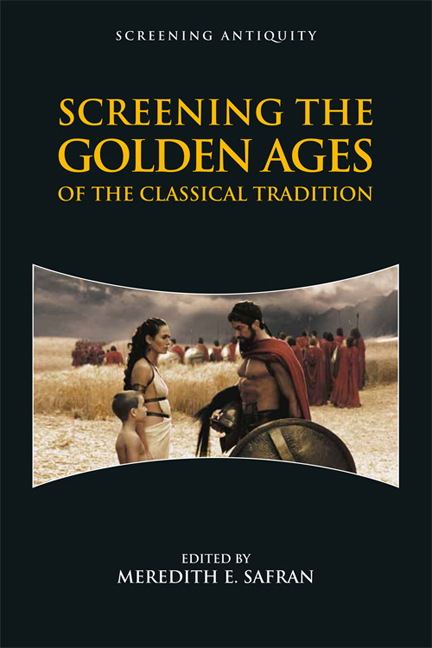Introduction: Searching for Gold in an Age of Iron
Published online by Cambridge University Press: 23 November 2019
Summary
One of the most pervasive fantasies in American popular media is the desire to escape a materially and morally degraded “here and now,” whose conditions are rendered all the more lamentable in comparison with an idealized world that has since been lost – but may somehow, hopefully, be recovered. In recent decades, this cultural landscape has become choked with apocalyptic narratives that posit the worst “here and now” imaginable, many blaming the dangers of technology, coupled with defective morality, for large-scale suffering and even mass annihilation. Certainly, such narratives have been shaped by collective trauma wrought by the attacks on the United States on September 11, 2001, coming on the heels of earlier pre-millennial anxieties. Fears of global nuclear holocaust that accompanied the birth of the “American century” after World War II had only lately been allayed by the apparent end of the Cold War upon the dissolution of the Soviet Union. Indeed, at least since the Industrial Revolution reshaped humanity's relationship to technology, the longing for a condition uncontaminated by its alienating effects assumed mythical proportions.
Yet well before these familiar modern benchmarks, the earliest known literature of the Western cultural tradition had cast “society today” in apocalyptic terms and dreamed of an existence uncorrupted by the ills that now beset humanity. These idealized conditions, con-ventionally grouped under the rubric of the “golden age” and comprising variations on a nexus of themes, offer enchanted beholders a chimerical respite from their degraded “iron age” present, from which this original condition of perfect human happiness is viewed with the painful longing of nostalgia and the sorrow of belatedness. Self-proclaimed heirs to classical antiquity's cultural patrimony adopted this myth with alacrity, and its deployment can be traced continuously throughout the classical tradition. Indeed, the classical roots of a scenario that has come to seem inescapably modern crop up even in popular media, a realm not conventionally associated with classicism. This volume examines the intersection of the popular and the classical through the prismatic concept of the golden age, featuring various manifestations in films and television series, many made primarily by and for Americans but distributed internationally. This introduction lays out the complexity of the golden-age concept, surveys the spectrum of ideas cast by the myth, and forecasts how they color the screen texts treated in this volume.
- Type
- Chapter
- Information
- Screening the Golden Ages of the Classical Tradition , pp. 1 - 24Publisher: Edinburgh University PressPrint publication year: 2018



